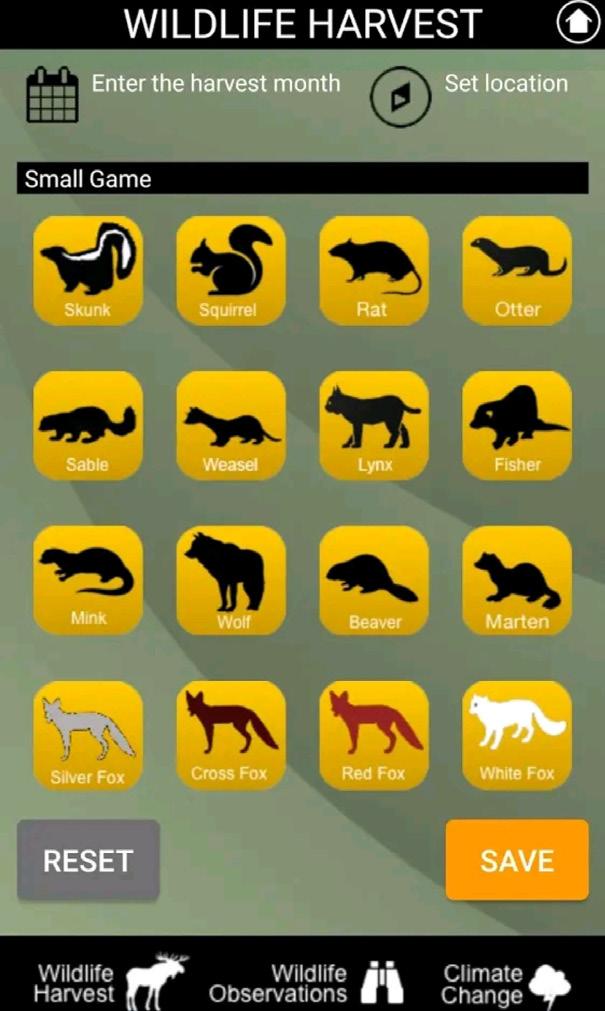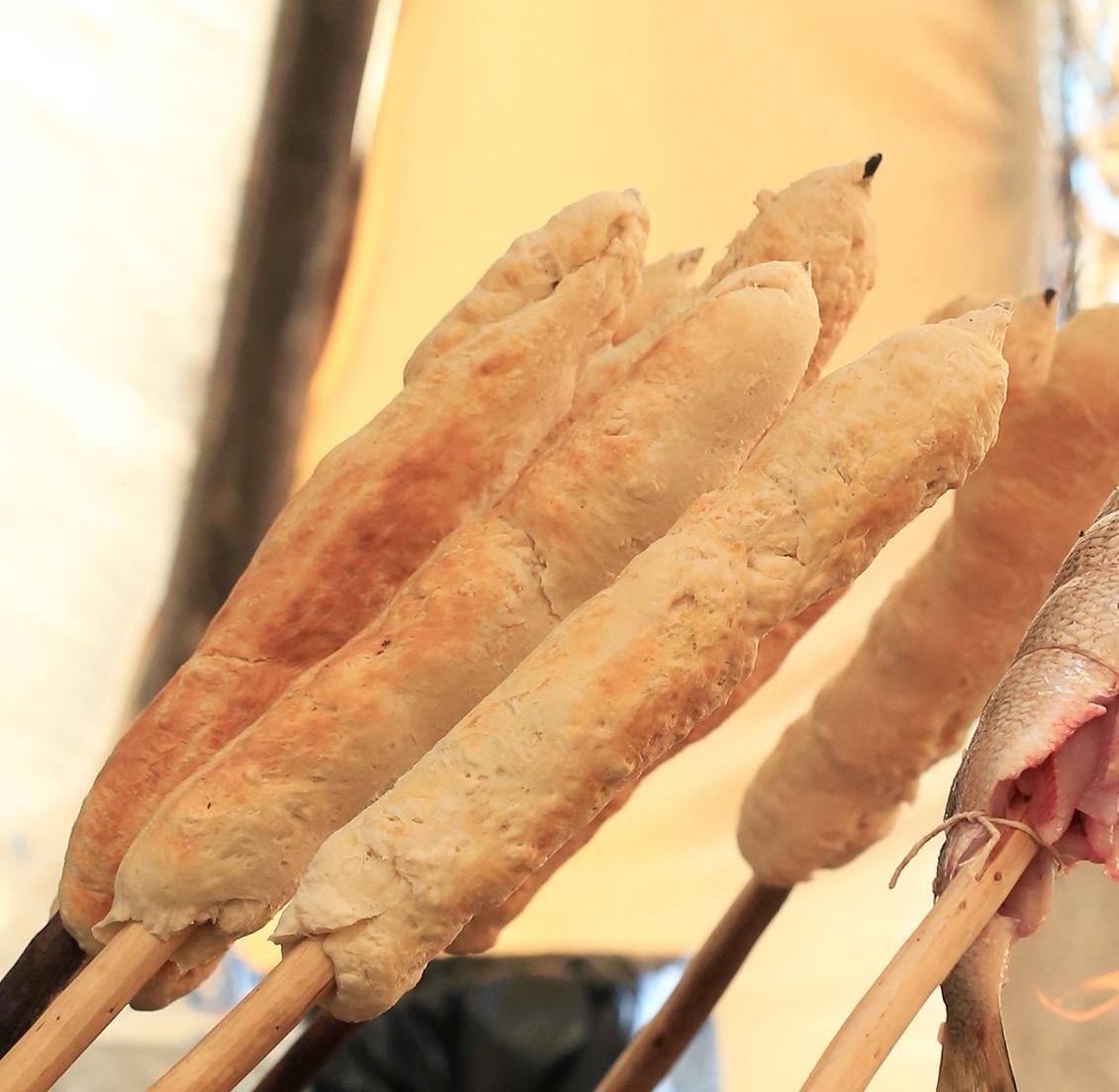
3 minute read
IN BRIEF
Lawsuit over jail beating
A woman who was knocked unconscious on video by a community safety officer at an RCMP detachment in Thompson, Manitoba, is suing the RCMP, community safety officers and the city of Thompson for discrimination and excessive use of force.
Advertisement
Genesta Garson, who was 19 at the time the video was recorded in January 2018, was arrested on suspicion of public intoxication.
According to Garson, she was instructed by officers to strip down to one layer of clothing before being placed in a cell for the night. In the surveillance video, Garson can be seen taking off, then throwing her belt towards one of the officers. She is subsequently punched in the face and knocked unconscious. The officers then dragged her into a nearby cell. Eventually, Garson is taken to the hospital by paramedics.
Instead of investigating the level of force used by the safety officer, the RCMP charged Garson with assault.
Garson’s lawyer, Rohit Gupta, succeeded in having the charges against her stayed and helped her file an initial complaint that Garson says she was bullied by the RCMP into dropping.
The lawsuit alleges Garson was discriminated against because she is Indigenous, and names the Attorney General of Canada, community safety officers Garrett Allen and Thomas Warkentin, and RCMP Const. Jenelle Hulan.
Montreal rebrands reconciliation strategy
Montreal announced its new strategy aimed at recognizing the Indigenous history of Montreal November 4.
The reconciliation strategy has a five-year mandate (2020-2025) and includes 125 commitments with seven key themes that and aim to foster stronger government-to-government relations and support the cultural and economic development of Indigenous people.
“We have been coexisting for many years, living side-by-side but with very little interaction between the two communities at the political level,” said Mohawk Council of Kahnawake Chief Gina Deer. “Today is another step. We need to ensure that in the future we will have that trust that will build over time and then we can, through that trust, build a true relationship that will last.”
The strategy was drafted with contributions from over 30 Indigenous organizations and endeavours to incorporate the recommendations from the Truth and Reconciliation Commission, the Inquiry into Murdered and Missing Indigenous Women and Girls, the Viens Commission and Montreal’s public consultation office into racism and systemic discrimination.
New CHB chair
Bertie Wapachee was elected the new chairperson of the Cree Board of Health and Social Services of James Bay after a run-off election between him and incumbent Bella M. Petawabano November 10.
The run-off was needed after the first round of voting failed to produce a candidate with at least 50% of the vote on October 19.
The initial results saw Petawabano hold a significant lead with 854 votes to Wapachee’s 657 of the 2,099 ballets cast.
However, turnout for the second round of voting doubled and delivered Wapachee a definitive victory with over 70% of the vote.
Following the results, a motorcade of about 70 vehicles took to the streets of Chisassibi, where Wapachee resides, to celebrate the victory.
Petawabano had held the position for eight years.
Indigenous fashion online
The biannual Indigenous Fashion Week Toronto (IFWTO) will soldier on in 2020, though in a pandemic-altered way. IFWTO will stage a free online premiere of its four exclusive runways from 16 Indigenous designers November 26-29.
From streetwear to the avant garde, daywear, evening wear and traditional collections, this year’s show promises to be unique. Hosted on IFWtoronto.com, a runway will premiere each day of the festival at 7 pm EST and will include a marketplace, a digital art exhibition and panel discussions with the designers.
Navigating federal legislation
The First Nations Major Projects Coalition released a 145-page guide November 3 to help First Nations navigate new powers and responsibilities under the Impact Assessment Act (IA) that significantly differ from the previous Canadian Environmental Assessment Act.
The IA, which received royal assent in June 2019, intends to foster sustainability while respecting the rights of Indigenous peoples faced with resource-extraction projects such as mining or oil production in their territories. It seeks to establish “a fair, predictable and efficient assessment process that enhances Canada’s competitiveness and promotes innovation.”
The guide, which is for technical and legal staff in First Nations communities, is also a “how to” for First Nations to engage early in the review process.






